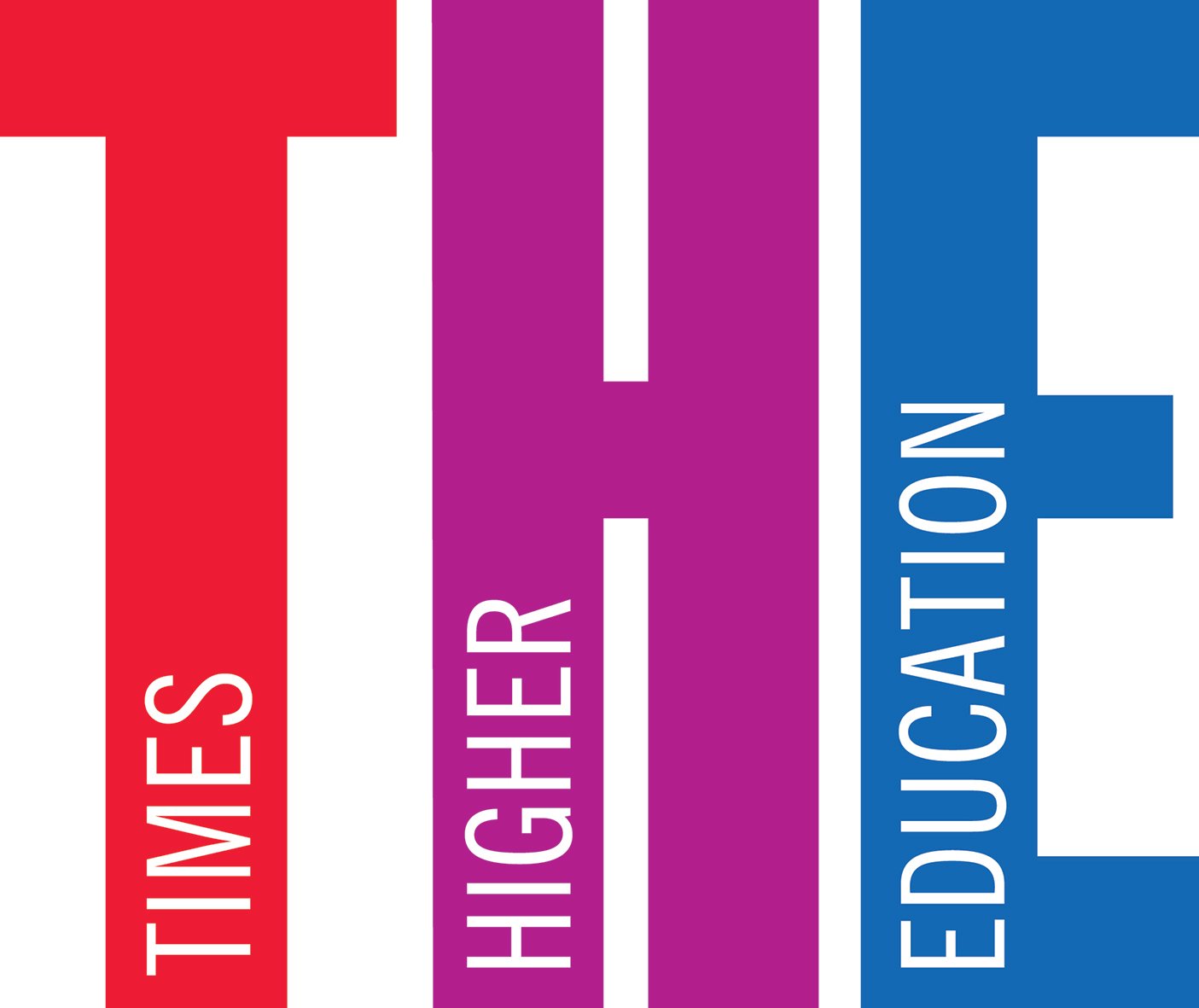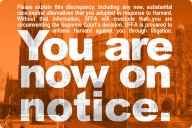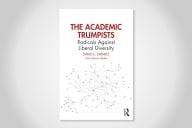You have /5 articles left.
Sign up for a free account or log in.
The Globe theater has given a Ph.D. student an opportunity to bring scenes of Shakespearean insult to the stage.
Miranda Fay Thomas had long been struck by the T-shirts and other merchandise featuring baroque Shakespearean insults to be found at Stratford-upon-Avon and Shakespeare’s Globe. And that led her to reflect on insulting movements and gestures within the plays: “Why is the thumb bite at the start of Romeo and Juliet worth getting into a fight over? What was so offensive about it? How did it become such a big deal?”
 This led to further questions, “particularly about how people can be shamed for not living up to expected standards of masculine or feminine behavior."
This led to further questions, “particularly about how people can be shamed for not living up to expected standards of masculine or feminine behavior."
"Many of the insulting gestures I looked at are gendered in one way or another: some, like the ‘Spanish fig’ (the thumb is thrust between the first two fingers), are phallic; others, such as spitting, physically mark someone out as being different or singled out in some way.”
Thomas also became intrigued by “kneeling as a passive-aggressive act in Shakespeare’s later plays.”
All these gestures, she goes on, “reveal what kind of behavior is considered shameful, and if we know that, then we can get a much deeper understanding of everyday life in Shakespeare’s London. It also enables us to think further about how shame, as an emotion, is rooted in performance anxiety: in being shamed, we have failed to live up to society’s expectation of us.”
These themes are at the heart of Thomas’ Ph.D. work, which was co-supervised by Shakespeare’s Globe and King’s College London.
Working at the Globe proved very stimulating, “with actors in costume rushing past you as they make a scene change in a matinee performance,” yet it also enabled her to “gain practical insight into the research [she] was doing."
After securing funding from the Cultural Institute at King’s, Thomas hired three actors and staged three of the scenes studied in her thesis “in the candle-lit Sam Wanamaker Theater as part of an interactive public workshop. We had over 100 people attend, and they all had such interesting insights and stories about the gestures they saw.”
“This workshop provided my Ph.D. with a coda, where I thought about the practicalities of performing these gestures in front of a modern audience, who may not know why such movements are offensive, and how the actors can work to convey this sense of tension.”
Thomas is now working as a Globe education lecturer, teaching students and giving them academic tours of the two playhouses. She is the fourth person to obtain a Ph.D. co-sponsored by Shakespeare’s Globe since its doctoral program was set up in 2007.
This was created, says Farah Karim-Cooper, head of higher education and research at Globe Education, partly in response to concerns expressed by the Arts and Humanities Research Council about the employability of Ph.D. graduates.
Those studying at the Globe should be well ahead of the game, since they all get a chance to “acquire skills of public engagement, work with practitioners and actors, use practice and performance as evidence, do some teaching and sometimes run a whole course."








